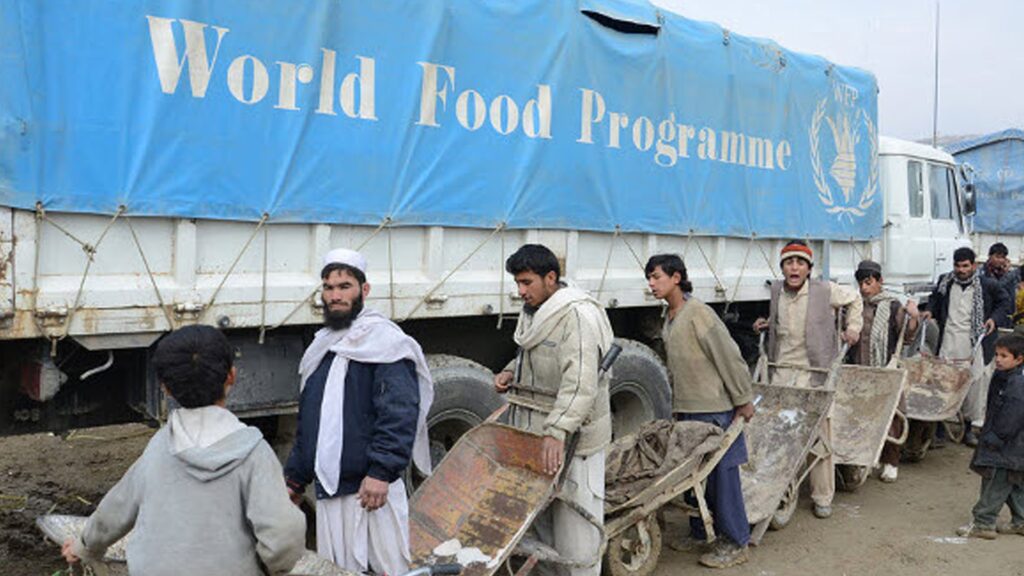UN humanitarian agencies call for immediate response to Afghan crisis

UN agencies and humanitarian NGOs in Afghanistan are in a race against time to deliver lifesaving aid to crisis-affected people and have called on donors to urgently turn pledges into reality.
According to a press release issued by the UN Office for the Coordination of Humanitarian Affairs (UNOCHA) millions of people in Afghanistan have been deeply affected by decades of conflict and displacement, chronic poverty, the COVID-19 pandemic, a severe drought, a failing health system, and an economy on the brink of collapse.
“Existing needs and vulnerabilities have also deepened following recent events, and economic shocks are tipping more people in Afghanistan into crisis,” the organization said.
Without urgent action, the humanitarian situation will continue to deteriorate into next year and the Afghan authorities, UN member states, donors, humanitarian organizations, and other stakeholders “must mobilize immediately to prevent a further humanitarian catastrophe in Afghanistan,” the statement read.
Last month, the donor community launched the Afghanistan Flash Appeal, calling for US$606 million to provide priority life-saving aid to 10.8 million vulnerable Afghans by the end of the year. However, to date, only 35% of this is funded, the UN said.
According to the statement, “pledges and commitments by donors must urgently be turned into reality to ensure humanitarian organizations can respond before it is too late”.
The UN also called on the new government to allow the swift and unhindered movement of humanitarian supplies and personnel into and out of Afghanistan, and to provide humanitarian financial exemptions to allow funds to reach aid organizations in the country.
Ramiz Alakbarov, UN Resident and Humanitarian Coordinator in Afghanistan, said: “The people of Afghanistan must not pay the price of collective failures. They deserve a normal life in peace and dignity.”
Mary-Ellen McGroarty, Representative and Country Director of WFP Afghanistan, said: “Afghanistan is on borrowed time. In my long career with WFP I’ve never before seen a crisis unfold at this pace and scale. We are witnessing a new depth of destitution as the drought and the economic crisis drives up food and fuel prices. Getting food to families across Afghanistan before the cold and harsh winter is what we must do now!”
Marin Din Kajdomcaj, UNHCR Deputy Representative in Afghanistan, said: “If the commitments made by the international community are not delivered on now, millions of displaced Afghans will struggle to survive over the coming winter. A lack of immediate action will inevitably lead to a deeper humanitarian crisis and further displacement that will have not only regional, but global implications.”
Abdallah Al Dardari, UNDP Resident Representative for Afghanistan, said: “In addition to immediate assistance to save lives, the international community must act to save livelihoods and local economy, enhance resilience of communities, and prevent a total economic and social breakdown in the country.”
At the beginning of this year, the humanitarian situation in Afghanistan was already one of the worst in the world, with nearly half of the population – some 18.4 million people – in need of humanitarian assistance.
Conflict and insecurity have displaced nearly 700,000 people within the county this year, with more than 3.5 million Afghans uprooted by conflict in total.
